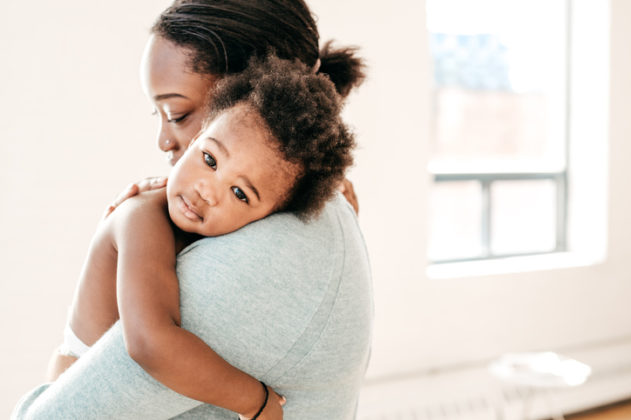I will have to tell him that there are people who don’t see him as human.
It must feel weightless to be white.
This thought occurs to me as I lean over to pour brown sugar into my coffee, next to a handsome white male undergrad also seeking out a burst of caffeine. He is polite and asks me kindly about whether I was done with the cream near my hand.
I nod, but I am still looking at my brown sugar packet. Thinking about the history of sugar plantations. I am remembering the inside of a sugar refining station on a plantation in Puerto Rico, the dangerous, back-breaking work of grinding, sifting, and liquefying sugar to get it to be perfectly white. I am thinking of all the severed arms and legs, the mutilations, the deaths from unbearable burns and agonizing heat. I am remembering that slave owners especially liked using children in these spaces because their small legs and limbs could get in between fast-moving gears and belts. Babies were crushed and burned alive to make sugar white.
I look at the student, again, and smile, and think again. It must be weightless to be white.
It’s morning and my 1-year-old baby wakes me up. He laughs as I crack open an eye and begs me to put on his favorite TV show. He giggles at my slew of kisses all over his face, writhing happily in my grasp.
And, as I listen to his simple joy, I feel myself breaking at the thought that I will have to do what every other black parent has had to do for as long as this genocidal, murderous nation has existed. I will have to tell him that there are people who don’t see him as human. That a police officer would shoot him in cold blood and think nothing of it. That they would leave him bleeding to death in the snow, alone, and only move to handcuff a sister or mother who cries out in grief nearby. My baby.
I have to tell him that his teachers won’t all be able to get past the color of his skin when they evaluate his work and behavior. I’ll have to describe the barbarity of slavery and lynching, so he knows what is possible. I will have to warn him about the kids who might call him “monkey,” “nigger,” or “coon,” because I was unprepared. I will have to tell him all the many dangers this country poses for a beautiful brown boy like him.
And, now, I am crying. I panic. I wonder if there is anywhere that I can flee with my baby; anywhere I can go so I never have to admit my act of betrayal in bringing him into a place such as this in the first place. Japan? Sweden? Iceland? Australia? I think first of the places I know he won’t be shot. I wonder if I can sell my house, my things, and live somewhere else. I can see myself arriving and walking down a street, a young local calling out “nigger” as he passes by. But that was just the Philippines. And Turkey. And Italy. And that time they wouldn’t let me in a store in Australia.
Still, there’s somewhere, right? But if we could escape the nightmare of whiteness, wouldn’t we have done it already?
I am trapped. Sometimes, it feels like that’s what it means to be black. Trapped. I watch my baby learn more words. I feel pride and joy. But also I know he needs these words, and soon, I will have to explain this world to him.
There is so much I do not want to tell him. I wish that he would always just see sugar when he makes coffee when he grows up. I wish that he could be as weightless as he is right now.
I will do my best, of course. But I wish I could do more.
Khadijah White is an Assistant Professor in the Department of Journalism and Media Studies at Rutgers University. She is currently writing a book on the rise of the Tea Party brand in news.
Other Links:

